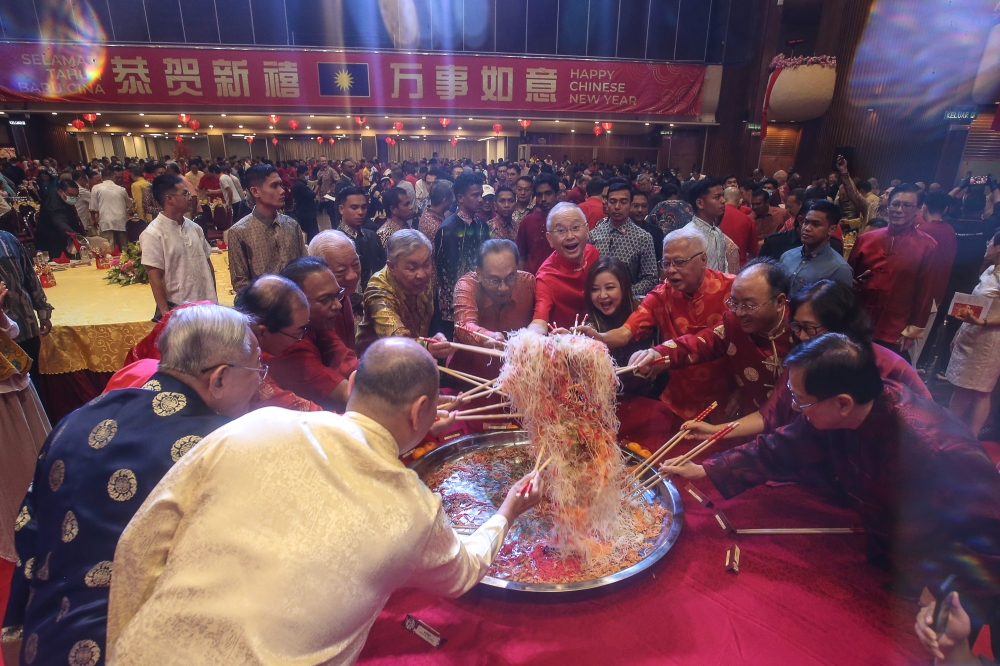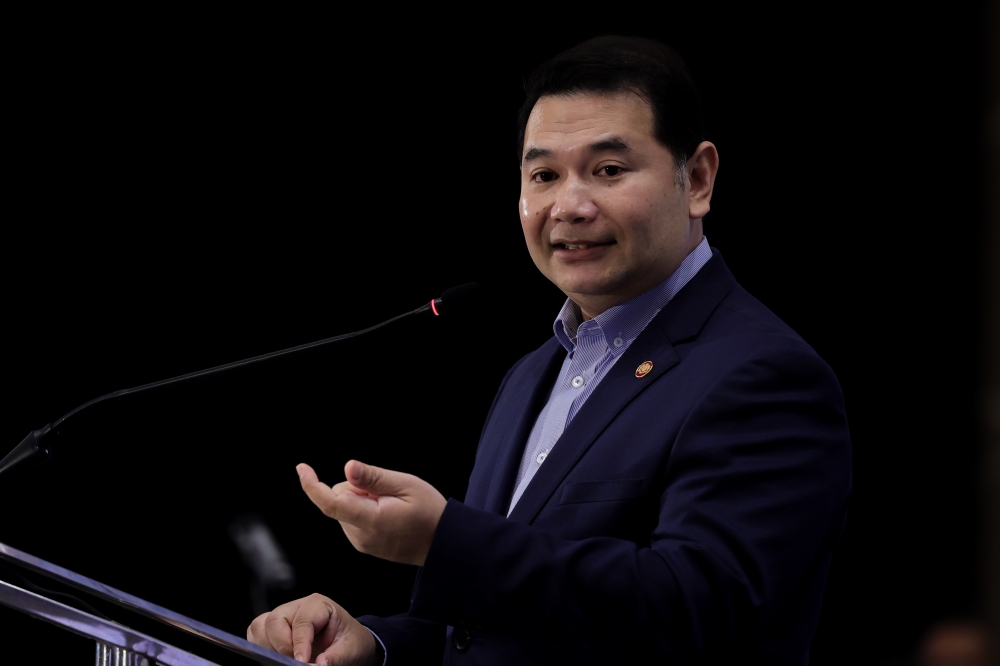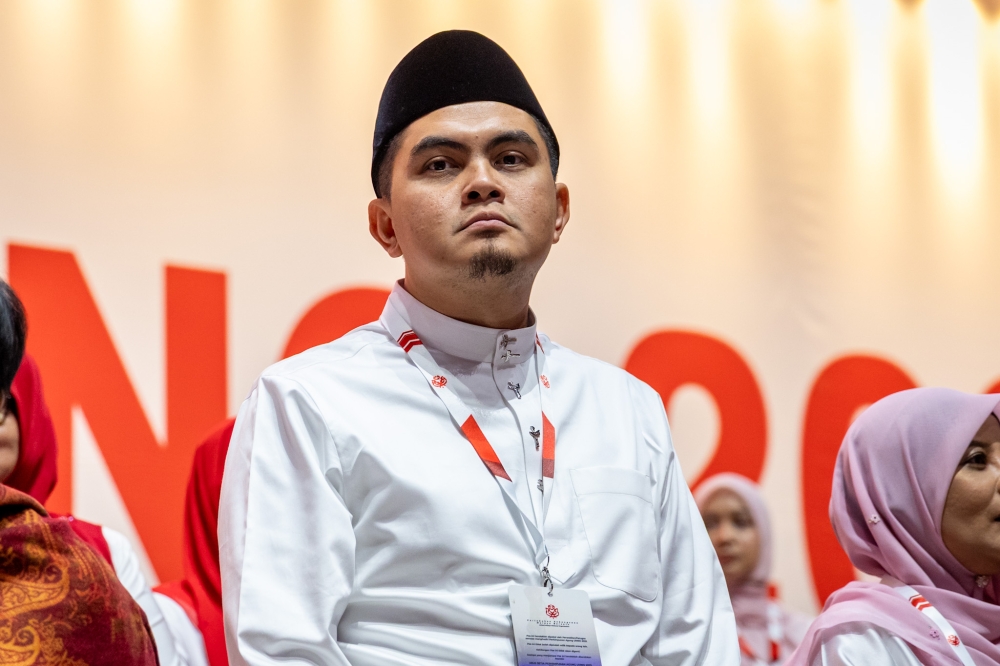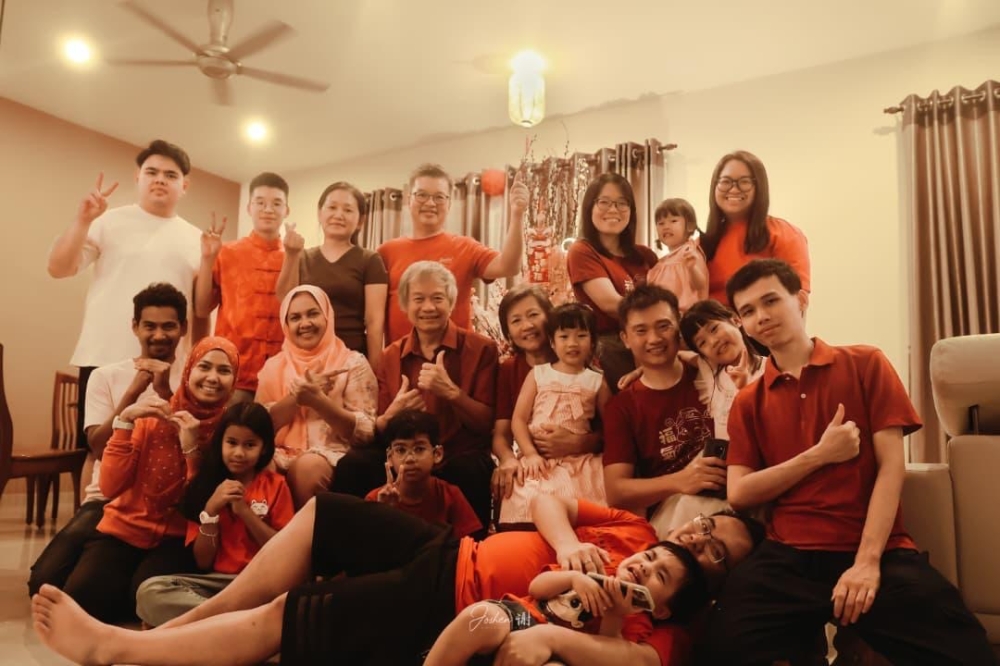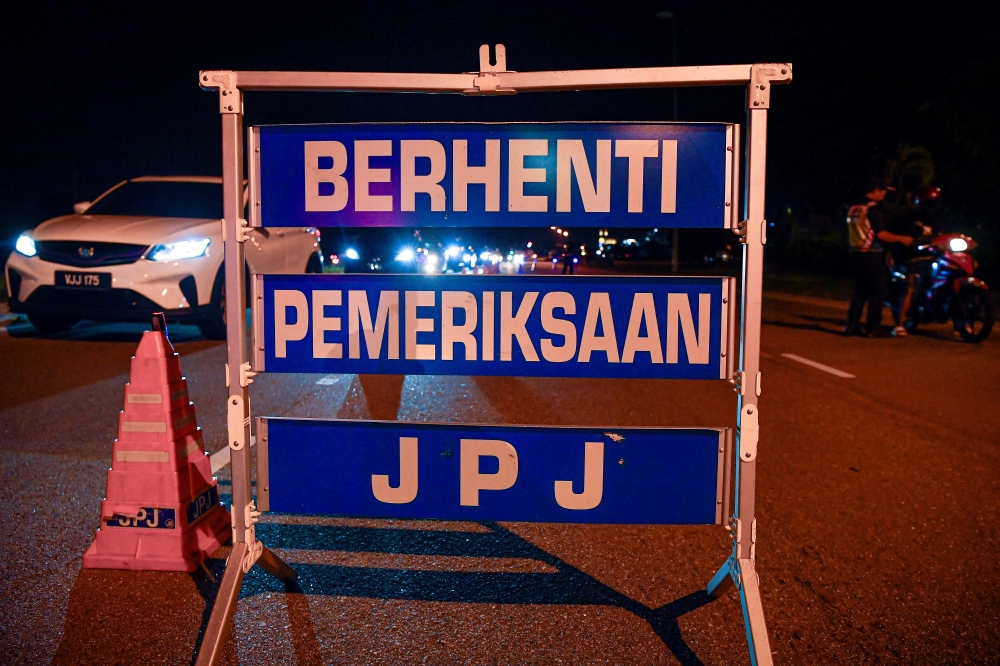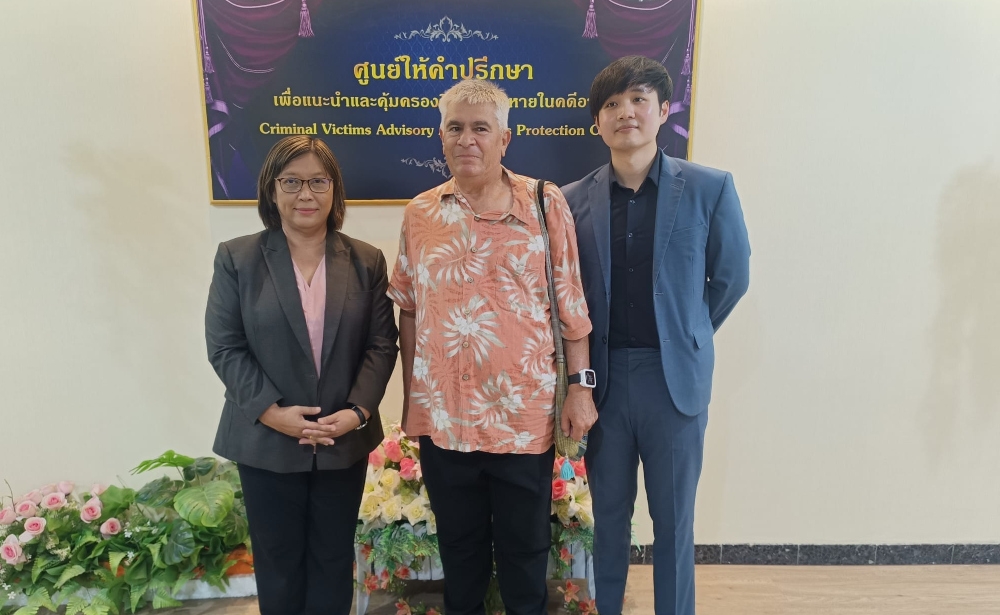KUALA LUMPUR, April 22 — The High Court today dismissed PKR president Datuk Seri Anwar Ibrahim’s application for leave to proceed with his lawsuit against the prime minister and the Malaysian government over their alleged unlawful advice to the Yang di-Pertuan Agong to suspend Parliament during the Emergency.
Sangeet Kaur Deo, one of Anwar’s lawyers in the lawsuit, confirmed to Malay Mail that the High Court had dismissed the application for leave for judicial review.
“Leave dismissed,” she told Malay Mail when contacted this afternoon, following court proceedings in chambers conducted online.
The decision was delivered by Datuk Seri Mariana Yahya — who was sitting as a High Court judge when she was presiding over this case, but who has since been elevated on March 19 and sworn in on April 1 as a Court of Appeal judge.
Sangeet said the judge had read out her written judgment via the Zoom video-conferencing app, with reasons for dismissing leave being that the ouster clauses in Articles 150(6) and 150(8) of the Federal Constitution are valid, and that these ouster clauses precluded the courts from carrying out judicial review of matters relating to the proclamation of an Emergency and the resulting Emergency Ordinances, including the advice given by the prime minister and his Cabinet to the Yang di-Pertuan Agong to promulgate such Emergency ordinances.
“The learned judge also considered the said advice of the prime minister did not amount to a decision which was amenable to judicial review under Order 53 of the Rules of Court, 2012 as a ground in dismissing the said application,” she said.
Sangeet, who attended the online proceedings together with lawyer Ramkarpal Singh, said they would be unable to comment further as they had yet to receive the written grounds of judgment.
“We have also been instructed to file an appeal against the said decision which we will do in due course,” she said.
When contacted, federal counsel Mohammad Sallehuddin Md Ali confirmed that the High Court had dismissed Anwar’s application for leave for judicial review.
Sallehuddin said the court gave several grounds for its decision, including that it could not hear the matter due to constitutional provisions.
“The court has no jurisdiction to hear the Applicant's judicial review by virtue of Articles 150(6) & (8) of the Federal Constitution. And the advice of the Cabinet and PM to the Yang di-Pertuan Agong to promulgate the Emergency Ordinance is not amenable to judicial review,” he told Malay Mail when citing some of the grounds given.
Article 150(6) provides that no provision of an Emergency Ordinance shall be invalid if it is inconsistent with the Federal Constitution, while Article 150(8) among other things state that no courts have the jurisdiction to decide on the validity of Emergency Ordinances.
Sallehuddin had attended the online court proceedings where the decision was delivered, along with senior federal counsel S. Narkunavathy and federal counsel Wan Hazlin Suraya Wan Sharif.
On January 25, Anwar had filed his lawsuit in the High Court in Kuala Lumpur in his capacity as the Opposition Leader in the Dewan Rakyat, naming Tan Sri Muhyiddin Yassin in his capacity as prime minister and the government of Malaysia as the two respondents.
In his lawsuit, Anwar had sought for 10 declarations and court orders, including to have both Article 150(6) and Article 150(8) declared as unconstitutional and invalid.
The court orders sought by Anwar are ultimately all aimed at cancelling the suspension of Parliament during the Emergency, and aimed at enabling Parliament to continue to sit during the Emergency.
Ramkarpal Singh, who is also Anwar’s lawyer in this court case, had previously stressed that the court challenge is not against the Proclamation of Emergency, but against the prime minister’s decision through the Cabinet to give allegedly unlawful and unconstitutional advice to the Yang di-Pertuan Agong to approve an Emergency Ordinance provision that suspends Parliament during the Emergency period.
On February 8, Anwar had as part of the lawsuit filed an application in the High Court to refer four questions of law to the Federal Court first before the High Court hears his lawsuit, and to suspend proceedings at the High Court until the Federal Court decides on the four questions.
In that application, Anwar had wanted the Federal Court to decide questions of law on whether the courts have the power to review the prime minister’s advice to the Yang di-Pertuan Agong to suspend Parliament, and other questions such as whether Article 150(6) and Article 150(8) are against other constitutional provisions.
The High Court on February 17 decided that it would hear Anwar’s application for leave first before hearing his application to refer the questions to the Federal Court, and had on March 4 heard the leave application and had directed for further written submissions to be filed in and had on March 11 fixed today as the date for the delivery of decision on the leave application.
Asked about the status of Anwar’s application to refer the legal questions to the Federal Court since it has yet to be heard and as the leave application has now been dismissed, Sallehuddin confirmed that the application to refer the questions would have been heard if leave was granted.
“Since the leave was dismissed, the matter ends there,” he said of the application to refer the questions.
When asked, Sangeet also confirmed to Malay Mail that the application to refer the questions to the Federal Court would not be proceeding for now as the leave application has been dismissed.

